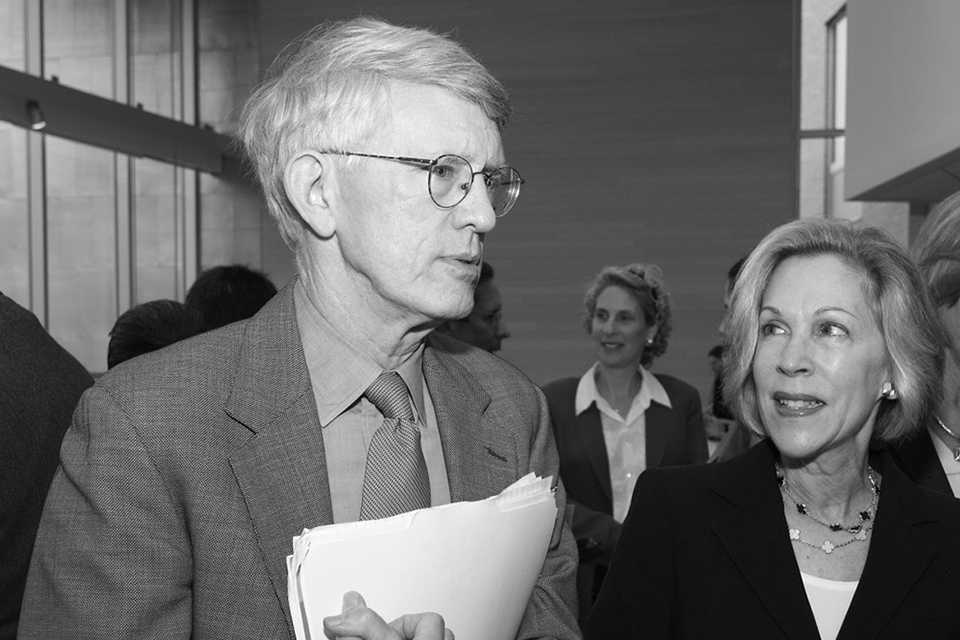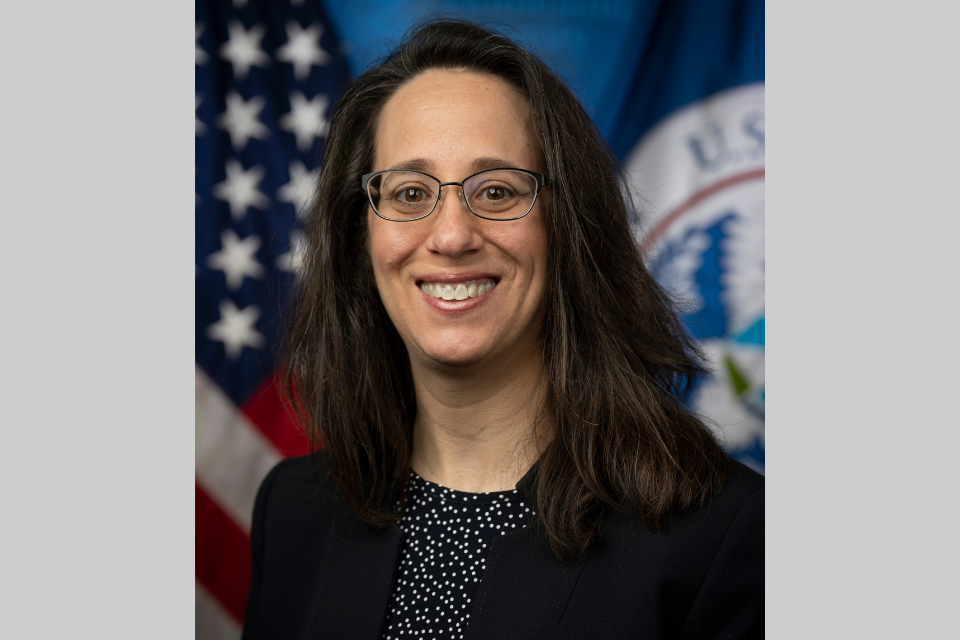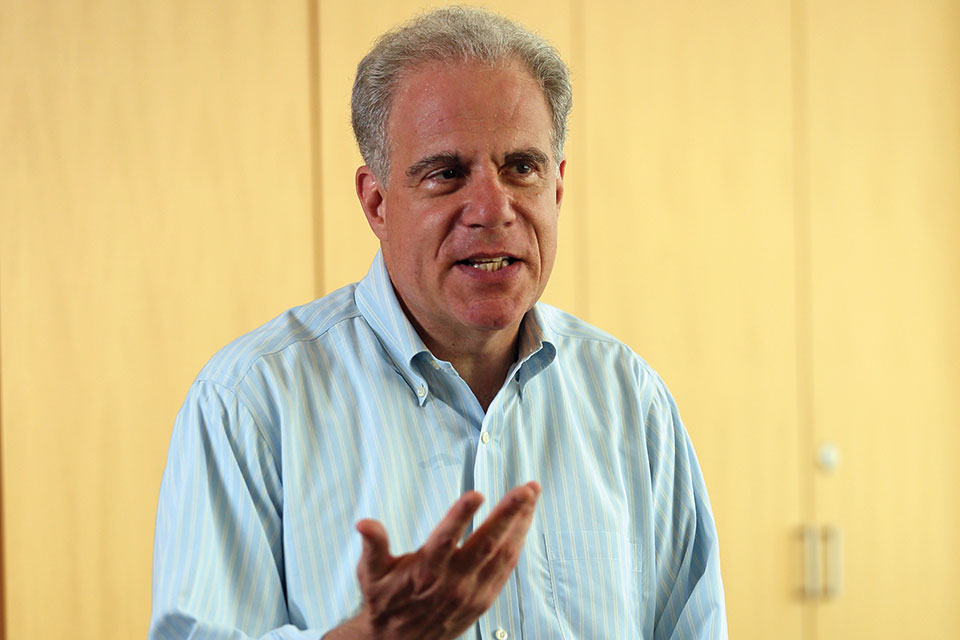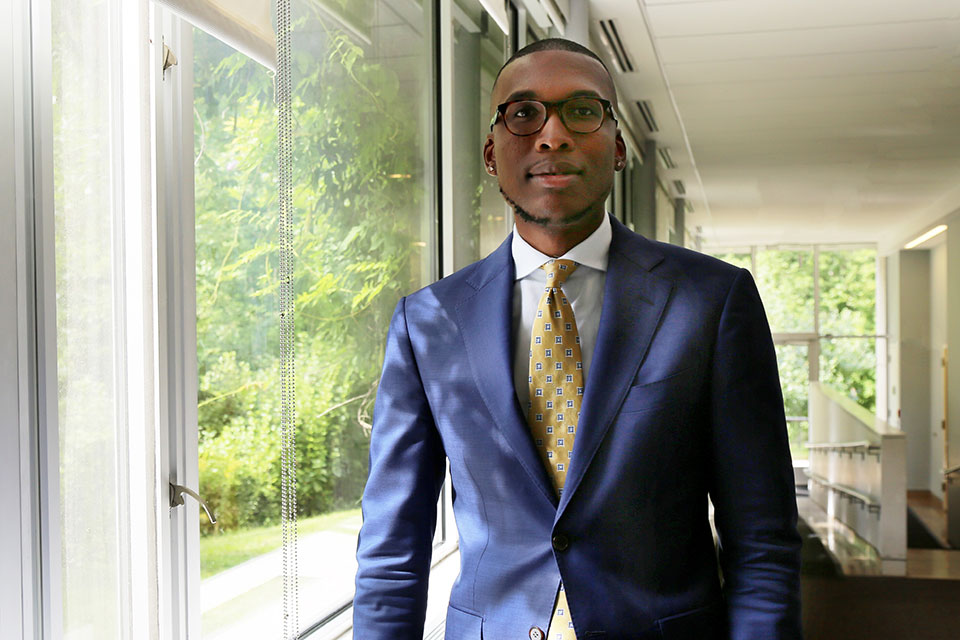Brandeis Alumni, Family and Friends
New MBTA Board Chair Thomas Glynn, Heller MSW’72, PhD’77, Talks Reliability and Rider Safety
The recently appointed chair also reflects on his time at Brandeis and career in public service

Photo Credit: Heratch Ekmekjian
From 1989 to 1991, Thomas Glynn, Heller MSW’72, PhD’77, worked as the general manager of the Massachusetts Bay Transportation Authority. Now, three decades later, he’s returning to the public transit agency in a new role. In April, Massachusetts Gov. Maura Healey appointed Glynn, who formerly served as a Brandeis trustee and chair of the Heller School Board of Advisors, chair of the MBTA’s board.
Following his appointment, the Boston Globe noted that peers and advocates alike were excited by the move, describing him as one of the most influential transportation voices in the state. Meanwhile, the MBTA itself is under intense scrutiny with concerns over rider safety and reliable transportation at the top of mind for many of the state’s residents.
The Alumni Association caught up with Glynn – who has also served as chief executive of the Massachusetts Port Authority, the COO of Partners HealthCare, and the Deputy Secretary of Labor under President Bill Clinton – to discuss his new appointment and leadership priorities.
What are the most pressing issues facing the MBTA?
The number one challenge is safety and providing a safe experience for riders, including when they're standing on the platform. Number two is improving the experience: the reliability and the promptness of trips. Not just during the rush hour, because the rush hour has evolved and is now more of an all-day phenomenon. Those two things support our core responsibility, which is to get people from one place to another, obvious as that may sound. The third thing is trying to hire a couple thousand people over a short period of time. There are a number of other important priorities, including various expansions and some other major capital projects. The three that I mentioned though are really important.
Do these issues differ from 30 years ago?
Some of the things are similar: the importance of taking care of the rank and file, frontline employees who are driving buses and operating the subways was important then and is important now. Employee morale was important then and is important now. Customer service is probably a little bit different today, in the sense that reliability wasn't as much of an issue then, and it's become a big issue today with the slowdowns. Finances were an issue then and they’re an issue now. So some things are similar and will be informed by the past, but there are some things that are new. The impact of COVID on the ridership is obviously something that we never had to deal with.
What made you want to come back into MBTA leadership, and what will your responsibilities look like?
I felt like I had done everything I wanted to with the T and MassPort. On the other hand, this is an institution that I've invested a lot of time and energy in and a lot of people are currently invested in, and it’s in need of some support. So I agreed to do it. Day-to-day, there shouldn't be that much. I'm not the general manager, I'm the board chair. The board meets once a month. We have to vote on the operating budget and the capital budget. So kind of right away, shortly after being appointed, the three of us who are new out of the seven are responsible for the $2.7 billion budget on the operating side and about $2 billion on the capital side.
What makes you optimistic about the future of the MBTA?
The Governor and the Secretary hired a really good general manager, Phil Eng, who has 40 years of experience. They also hired a chief safety officer for the transportation system who has 40 years of experience. That's a big change, in a positive way, to have 80 years of experience at the helm, sorting out these problems and challenges. Both of them have seen very similar things, as it happens, mainly in the New York City systems. Those are obviously the biggest systems in the U.S., so that’s a good thing. It makes me optimistic because I think they both are doing really well.
Are there any particular projects on the horizon that you're especially excited about related to the T?
There are additions to the system that are underway and they're important, but from my vantage point, I want to make sure we stay focused on the daily experience that riders have. That's consistent with the way I outlined those three priorities earlier.
Many Brandeis students use the MBTA Commuter Rail to get to campus. Any specific plans for that system?
The commuter rail has grown a lot over the last 30 years. When I was at the T, we served 78 cities and towns and now, it’s 176 cities and towns. That's done through a private vendor, Keolis. And they had some startup issues, but I think recently, people feel like they've done a pretty good job. There's always that interest in expanding the network, updating the stations and setting some priorities, and making sure the system is ADA-compliant and handicap accessible. So, there are some issues that we face with the commuter rail, but the fundamental growth of the system over the last few years, I think, is pretty solid.
What drove you to study at Brandeis?
I graduated from Tufts in 1968. At that time, a lot of people went to law school and graduate school in arts and sciences. Some people went to business school. And not too many people went to schools of social policy. But I was fortunate that my older cousin was at Columbia, and she told me about the program at Heller. When I read about it, it seemed like a perfect match because of the central mission of social justice, and all the various policy areas that are covered. The faculty were people who were involved in solving the problems, not just studying the problems. It turned out to be a great experience. I took a great course in urban planning that was taught by faculty from Heller and MIT, which helped influence a lot of the work I did subsequently with community groups. I built a great network of friends, some of whom I've stayed in touch with since that time, and it was obviously a long time ago. It was completely the right choice, and I think it has benefited me a lot in the way I think about solving problems.
About the Author

David Marino Jr. spent years reporting across Maine for The Bangor Daily News before returning to Brandeis University, his graduate school alma mater, to become the communications coordinator for the Institutional Advancement division.









